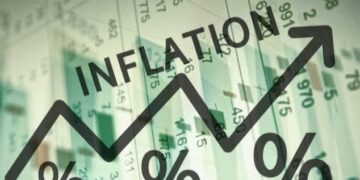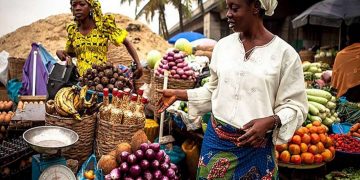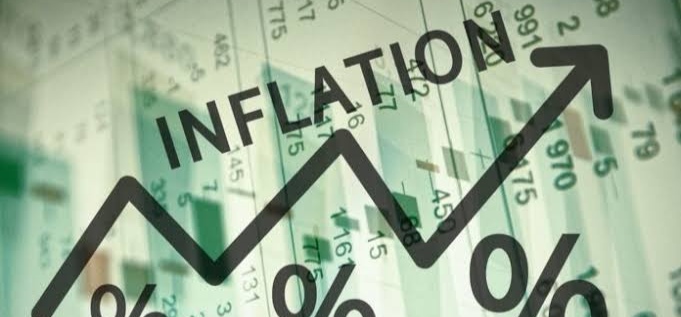By John Ikani
Ghana’s year-on-year inflation rose to 40.4 per cent in October from 37.2 per cent in September, the Ghana Statistical Service (GSS) has announced.
The new rate which is compared to 37.2 percent recorded in September makes it the highest in about 2 decades.
Government Statistician, Professor Samuel Kobina Annim, speaking with journalists on November 9 said the increase can largely be linked to rising food prices over the past months.
On a month-on-month basis, inflation rate was 2.7% for the month under review compared to 2% in September 2022.
Food inflation for the month under review rose 43.7% year on year compared to 37.8% the month before.
Ghana’s cedi GHS= had one of its worst months on record in October and has lost around half its value against the dollar in 2022. It has been Africa’s worst performing currency this year, according to the World Bank.
More than a thousand demonstrators took to the streets of the capital Accra on Saturday to demand the president’s resignation, as fuel and food prices continue to spiral. Small businesses closed their doors for several days last month to protest rising costs.
The headline inflation rate is now four times the top of the Bank of Ghana’s target band of 6 per cent to 10 per cent. The agency last month changed its reference year to 2021 from 2018.
The central bank has hiked its main lending rate by 10 percentage points since the start of the year in attempt to hold back inflation and slow the cedi’s depreciation. The next monetary policy meeting is slated for the end of this month.






































